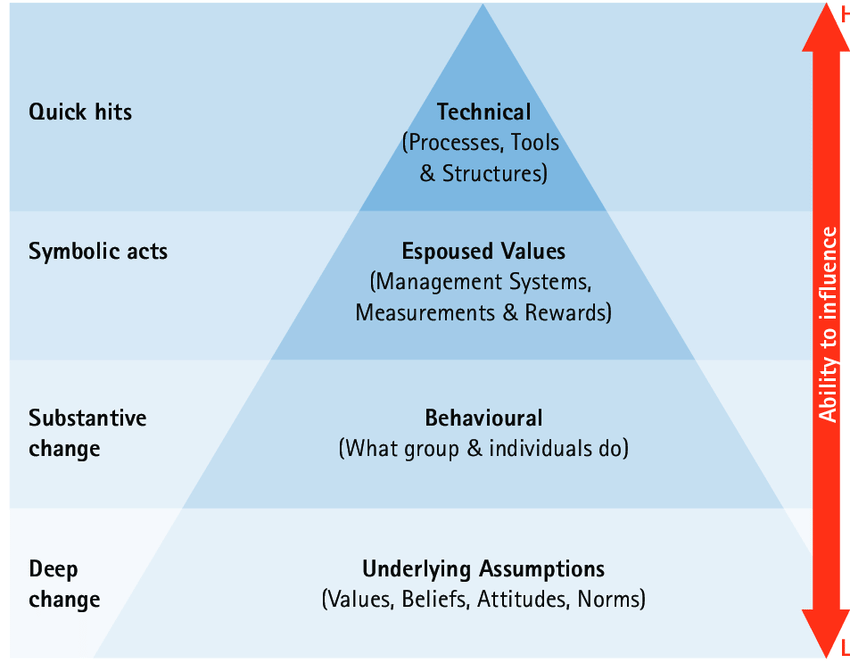In an era of globalization, the ability to navigate and appreciate diverse cultures is paramount. Cultural analysis, a process of examining and understanding different cultural practices, beliefs, and traditions, plays a crucial role in breaking down barriers and promoting inclusivity. This article delves into the significance of cultural analysis in fostering intercultural understanding and global harmony.
**1. The Power of Cultural Analysis
a. Unearthing Deep-seated Beliefs: How cultural analysis allows individuals to gain insights into the fundamental beliefs and values that shape a culture’s identity.
b. Understanding Social Norms: The role of cultural analysis in comprehending the unwritten rules and etiquettes that govern social interactions within a specific cultural context.
**2. Fostering Empathy and Cultural Sensitivity
a. Empathy Across Borders: How cultural analysis encourages individuals to step into the shoes of those from different backgrounds, fostering a deeper sense of empathy.
b. Nurturing Cultural Sensitivity: The development of a heightened awareness and respect for cultural differences, reducing the likelihood of unintentional cultural insensitivity.
**3. Breaking Down Stereotypes and Prejudices
a. Challenging Preconceived Notions: The role of cultural analysis in dismantling stereotypes, dispelling misconceptions, and challenging biased perspectives.
b. Promoting Inclusivity: How a deeper understanding of diverse cultures creates an environment where individuals from all backgrounds feel valued and included.
**4. Enhancing Cross-cultural Communication
a. Effective Communication Strategies: How cultural analysis equips individuals with the tools to navigate potential language and communication barriers when interacting with people from different cultures.
b. Non-verbal Communication Awareness: Recognizing and interpreting non-verbal cues in a culturally sensitive manner to ensure clear and respectful communication.
**5. Enriching Business and Professional Relationships
a. Cultural Competence in the Workplace: How cultural analysis fosters an environment of inclusivity and respect, enhancing teamwork and collaboration in diverse professional settings.
b. Negotiating Across Cultures: Strategies for conducting successful negotiations in international business settings, where understanding cultural nuances is crucial.
**6. Promoting Global Harmony Through Education
a. Cultural Education in Schools: The importance of incorporating cultural analysis into educational curricula to equip future generations with the skills needed for global citizenship.
b. Cultural Exchange Programs: How initiatives that facilitate cultural exchange contribute to building bridges and fostering understanding between nations.
**7. Navigating Global Challenges Together
a. Cultural Diplomacy: Exploring the role of cultural analysis in diplomatic efforts, where understanding cultural contexts can be instrumental in resolving conflicts and fostering international cooperation.
b. Addressing Global Issues: How a nuanced understanding of cultural perspectives is vital in finding collaborative solutions to pressing global challenges, from climate change to public health crises.
**8. Celebrating Diversity, Embracing Unity
a. Cultural Festivals and Events: The role of cultural celebrations in promoting cross-cultural exchange and showcasing the richness of global diversity.
b. Cultural Analysis as a Tool for Peacebuilding: Examining instances where cultural analysis has played a pivotal role in post-conflict reconciliation and rebuilding efforts.
Conclusion: A United World through Cultural Understanding
Cultural analysis is not merely an academic pursuit; it is a powerful tool for building bridges, breaking down barriers, and fostering a more inclusive and harmonious world. By embracing cultural diversity and seeking to understand the perspectives of others, we pave the way for a future where unity is celebrated, and global challenges are met with shared danatoto resolve.

